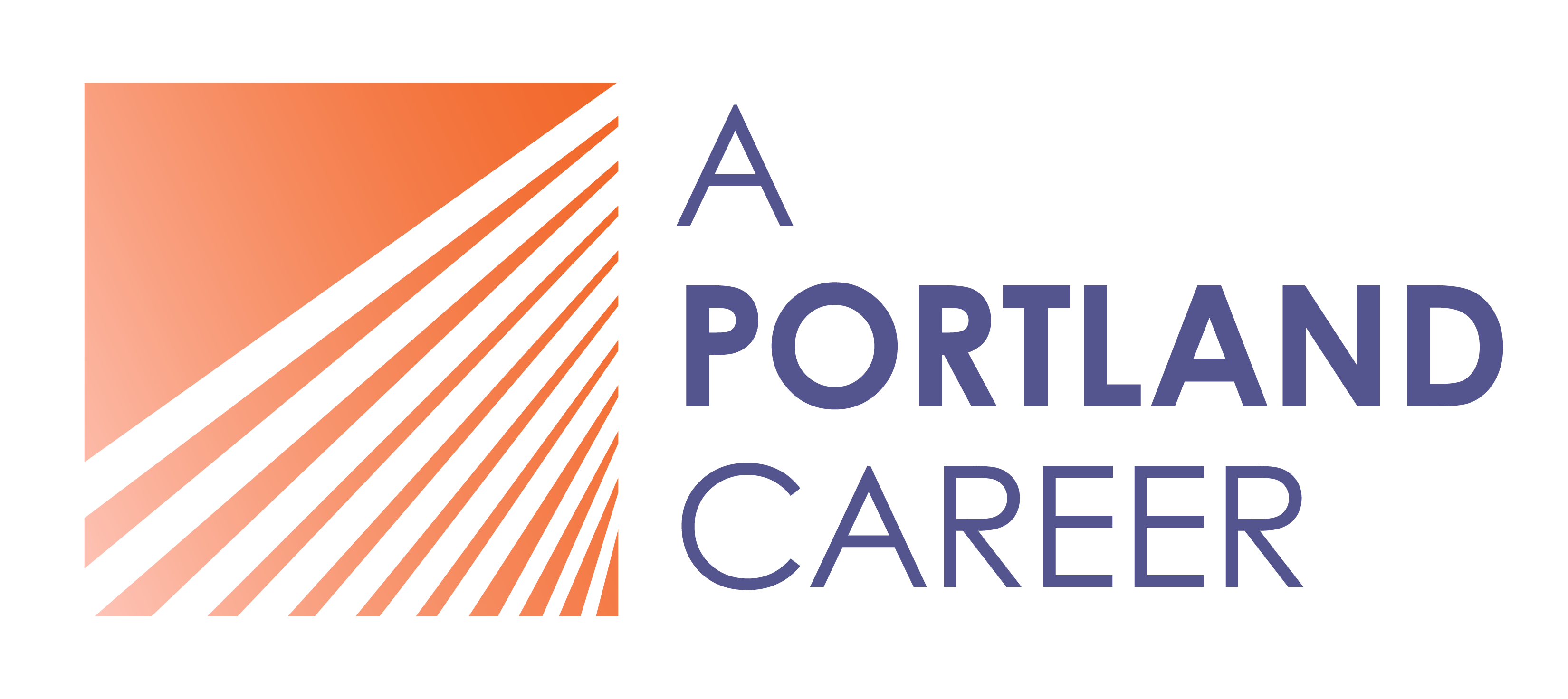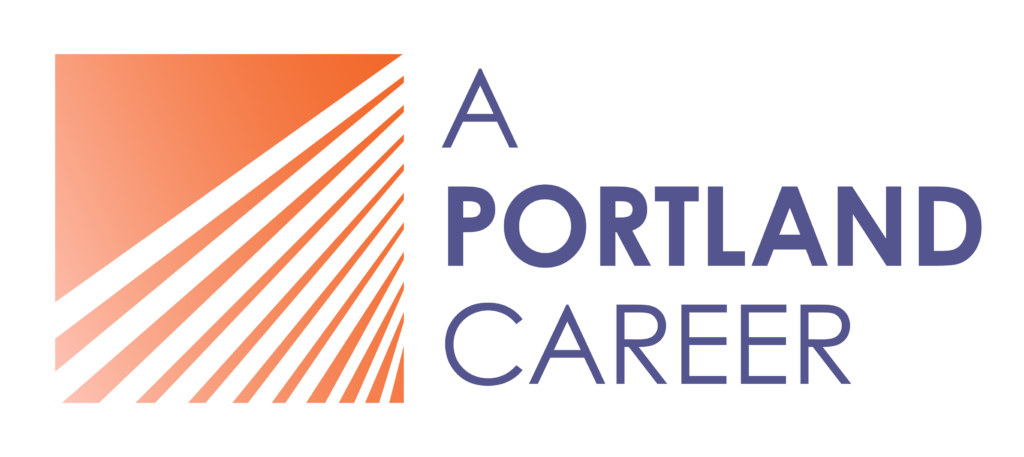Demystify your desired job, career path, and industry with these 23 illuminating informational interview questions and a proven networking process.
Develop a great elevator pitch as a job seeker, and get more out of the dreaded art of networking.
How to Craft an Elevator Pitch: The Secret to Successful Networking
By Dan Hahn, M.S., and edited by Jelena Grove and Suzie Sherman
Need help with your networking strategy? Schedule a call, and we’ll elevate your game

“Today’s most valuable currency is social capital, defined as the information, expertise, trust, and total value that exist in relationships you have and social networks to which you belong.” – Keith Ferrazzi, author of Never Eat Alone
Whether you’re exploring a new career path or looking for a new job, you’ll get better results if you’re willing to get out there and network.
We get it: few of us love the word “networking.” It evokes the schmoozy images of glad-handing, back-slapping, business card swapping, and that nudging-and-winking inauthenticity that makes us dread the very idea. We don’t blame you, but we do recommend you reframe your thinking. Instead of dreading the entire idea, think of networking as a quest to develop your communication skills and meet people who know about your areas of interest.
Parts of this quest will feel more structured (asking informational interview questions, going to formal networking events, career fairs, etc.) while other activities will be more casual (meetups, coffee dates, LinkedIn interactions, lunches, etc.). Initially, this networking will be broad and exploratory. Later, when you’re more clear on your career goal and start looking for job openings, you can follow up with the same individuals for additional, more focused assistance.
Home → Helpful Articles → Networking → How to Craft an Elevator Pitch: The Secret to Successful Networking
Here are some articles to get you started on your networking strategy:
- How to Network on LinkedIn Like a Pro
- Find the Networking Style and Tools that Work for You
- 23 Informational Interview Questions and a Networking Process that Works
- How to Get Great References for Your Next Job Search
- I’m Looking for a New Job: What Do I Do about Bad Job References?
- Expert Tips for Networking In Portland, Oregon (even if you don’t like networking)
If you’re feeling stuck, or need to get over your networking dread, schedule a consult with us!
On This Page

Why You Need an Effective Elevator Pitch
Elevator pitches aren’t only useful for entrepreneurs pitching business ideas to investors––they’re for job seekers and career explorers like you.
When you meet new people as you network, they’ll be more helpful to you if you provide them with a succinct statement of your skills and the area in which you want to work. This statement is generally referred to as a personal elevator pitch (or elevator speech), coined because it’s short enough to explain who you are, what you’re good at, and what you want to do in the amount of time it takes to complete an elevator ride. (But since our time in elevators in Portland is generally limited, we sometimes like to call it your basic message.)
Having a well-practiced, memorable elevator pitch/basic message is essential to networking: the easier it is for someone to recall what you’re good at and what you’re looking for, the better chance you’ll have at receiving relevant career advice, being kept in mind about new job opportunities, and developing new personal or work connections.

The Key Ingredients for a Perfect Elevator Pitch
A good elevator pitch is strength-based and future-oriented and should present your history, goals, and personal brand (if you have one) in a compelling way. The goal is to leave the first impression of a person who knows what they want and what they have to offer.
Think of it as your own personal sales pitch or unique selling proposition. Remember: no one else has the exact same skill set, history, and aspirations that you have.
The key components of a powerful elevator pitch are:
- Your core strengths and skills
- The areas in which you want to use them
- The people you wish to serve
- The problems you seek to solve.
Here are some examples from five successful career changers:
The core skills, passion, or experience you want to bring to your next job
- Norm: Background in radio journalism.
- Bev: Organizational abilities, positive interpersonal skills, computer skills, and passion for connecting people with resources.
- Laura: Strong administrative skills and attention to detail.
- Alicia: Leadership, PR, and communication skills (phone and in-person).
- Jack: Advanced data analysis
One to three general areas you want to work in
- Norm: Nonprofit/government agencies that provide low-income people with basic needs.
- Bev: Arts, spiritual, or higher educational organization.
- Laura: Green collar job creation, entrepreneurship, agriculture.
- Alicia: Organizations committed to housing, environment, or international issues.
- Jack: Athletic apparel or a sports team.
Examples of Successful Elevator Pitches
Now it’s time to put the bullet points above together into a coherent basic message. If the areas you are exploring are in different aspects of your skills and work experience, you will need to develop other basic messages to use in these different contexts.
- Norm: I want to use the writing and research skills that I developed as a radio journalist in a position in government or a nonprofit. I am committed to using these communication skills to advocate for families with children on the Autism spectrum and connect them to services and supports to help them thrive and succeed.
- Bev: I want to bring my organizational abilities, computer skills, positive interpersonal skills and passion for connecting people with resources to an organization focused on the arts, spirituality, or education.
- Laura: I want to use my blend of left-brain/analytical abilities with my right brain/creative people skills to encourage the growth of job and entrepreneurial opportunities in sustainability and agriculture with an eye towards promoting strong labor unions.
- Alicia:
- Basic message #1: I would like a position with an environmental organization that makes use of my leadership, PR, and communications skills.
- Basic message #2: I am seeking a position in which I can share my passion for travel and background in leading international Habitat for Humanity trips. I want to apply my leadership, PR, communication skills, and multicultural experience to a position that allows me to work to reduce the threat of climate change.
- Jack: I am driven to combine my competence with data with my love of athletic achievement to help Nike analyze and position itself for increased profitability, particularly in the Asian market.

Craft Your Own Elevator Pitch / Basic Message
You can use this script to get yourself started.
“I would like to use my ______________ and _______________ skills and my _____________ experience to ___________ (verb like ‘help’ or ‘solve’ or ‘find’ or ‘connect’ or ‘create’ or ‘teach’) _______________ (population being helped/problem being solved/solution being found) ___________ (verb + problem(s) you are solving).
I would like to work for an organization that _________________ OR I am starting a business to help _________________ (individuals who… / businesses that… / nonprofits that… )”
Example 1:
“I would like to use my marketing and public relations skills and my counseling experience to help people in career transition find work that is meaningful, engaging and allows them to express themselves and thrive financially. I am starting a business to work with artists, creative professionals and individuals seeking mission-driven careers.”
Example 2:
“I would like to use my graphic design skills and programming experience to create video games that teach children on the Autism spectrum to practice their social skills and enhance their ability to interact interpersonally. I would like to work for a video game company focused on prosocial gaming.”
Hold it a bit loosely and rearrange the words until it sounds natural. Then, focus on making it more compelling. Add a sentence or two if you think it needs clarification but resist making it too wordy or jargon-laden (remember, it should take less than the amount of time it takes to ride in an actual elevator).
Now, set yourself a goal of sharing your basic message five times this week. You may have a more casual version for the guy with the chocolate lab at the dog park and a slightly more formal one for the businesswoman sitting next to you at a City Club lecture. The main thing is that the essence shines through and is memorable.
Tip: If your skills are in an industry that includes complex jargon, practice a version for industry insiders and another one for laypeople. This doesn’t necessarily mean you’re “dumbing it down;” in fact, it’s arguably more challenging to describe technical information is a more accessible way.
Final Thoughts about Using Your Elevator Pitch
You can start using your elevator pitch/basic message as soon as you identify a few key points of clarity––you don’t even have to know your desired job title or end goal. Push yourself to use your basic message often and role-play it in conversations with supportive friends and family. Keep practicing it until it’s not only succinct and accurate but also engaging and memorable.
When you meet friends and acquaintances, resist the natural tendency to repeat the story about the ending of your last job, reveal your utter confusion, or replay the news of the competitive job market. If you lead with these topics, the natural rejoinder may be: “Oh, yes. I heard that there were 542 applicants for two openings at Krispy Kreme,” and the lasting impression you make might not work in your favor. Ideally, your basic message should leave your pain points and horror stories where they belong—shared only with a few intimate people.
Then, once you’ve nailed your pitch and gained some clarity on your career target, you can use your pitch in job interviews with the recruiters and potential employers you’ll encounter in your search.
Though we like to think that people will easily recall our career focus after hearing it once, this is simply not the case. If you’re a career changer, you’ll need to repeat your basic message to people who knew you in your past career.
If you’re looking for more personalized guidance in your job search, contact one of our career coaches to help you get started.
Key takeaways
- Having a memorable elevator pitch can give your networking efforts a much bigger impact during a job search or career transition
- There are four key components of a good elevator pitch: your core strengths and skills, the areas in which you want to use them, the people you wish to serve, and the problems you seek to solve
- It helps to practice your basic message/elevator pitch with family, friends, and acquaintances until it’s accurate and memorable
- Resist the temptation to repeat stories of negative past work experiences in your pitch, and instead focus on making your pitch strength-based and future-oriented
- You may want to create different versions of your elevator pitch to use in different contexts
Related articles you might be interested in:
I’m Looking for a New Job: What Do I Do about Bad Job References?
Bad job references? We’ve been there, too. Here’s how to normalize the problem, ease your worries, and proactively address it to land the job offer.
How to Get Great References for Your Next Job Search
Prep your references ahead of time to give the professional recommendations that will get you hired. Nope—it’s not too pushy!
Expert tips for networking in Portland, Oregon (even if you don’t like networking)
Reframe your relationship with networking and get expert-backed tips on how to do it right in the greater Portland area.





